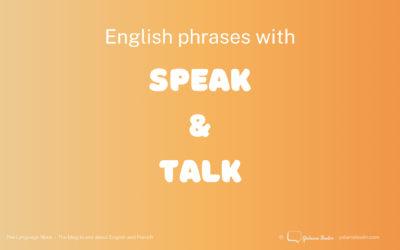So, you’re learning English as a foreign language and you want to compare situations, actions, people or things that are similar. Good!
Well, yes, except that you are not sure whether you should use as or like. These words are easily confused precisely because both are used for such comparisons.
How do you know which one to use? Well, the answer is: “It depends!” More specifically, it depends on the construction of your sentence.
As:
Use as if it is followed by a subject and a verb:
- My friend has a gift for music, as everyone else in his family has.
- I like being on my own, just as you do.
Like:
Use like if it is followed by a noun or a pronoun:
- She’s just like her brother
- She’s just like him.
Is that all? Well… not really, I’m afraid! However much I would have loved to tell you that it’s that basic, things are not so clearly cut simply because in informal American English, you can use like instead of as. And of course, this usage has become more and more common in British English, too.
As a result, you might hear:
- No child sings like he does!
Of course, there are other contexts where both as and like can be used but let’s leave it at that for today. Find more examples of your own and practice saying them until you are more comfortable with both structures and no longer get confused.
Here you are, now you know how to use as and like for comparison in English! 🙂





0 Comments